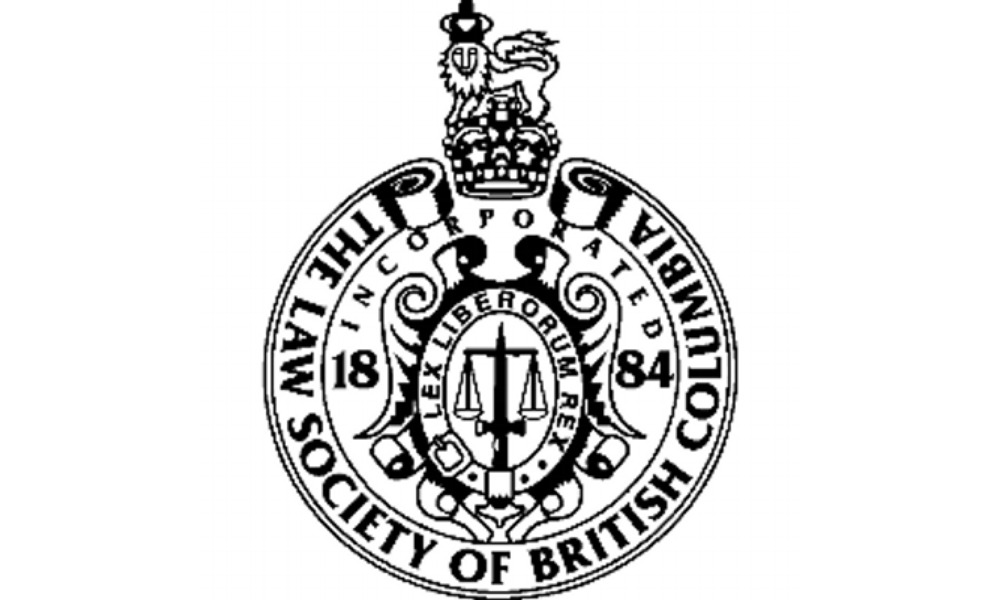
Lawyer Carey Linde faces allegations he broke professional conduct rules in transgender case

A B.C. lawyer who represented a father jailed for opposing his child’s medical gender transition is facing a Law Society of British Columbia tribunal for misgendering.
However, the hearing into two citations against Vancouver’s Carey Linde – expected to be heard Monday through Wednesday – will be closed to the public. As well, the tribunal’s file will be sealed, and any decisions the panel makes will be “redacted of confidential information that is protected.”
Ironically, the tribunal Zoom pre-hearing held Thursday, where these decisions were made, was held behind closed doors. Just as the hearing, which at one point was open to the public, was about to start, the media and other members of the public who were on the Zoom call were removed.
In a written decision released after the hearing, motions adjudicator Lindsay LeBlanc said: "At the onset of the hearing, members of the public and media were in attendance. I made a ruling that the hearing would be closed to the public. Based on the material filed in support of the applications, I had determined that to facilitate wholesome submissions on the applications before me and to ensure the privacy rights and identity of minors [were] preserved during the hearing, a closed hearing was necessary. In making this determination, I also considered the prior sealing orders made in the Supreme Court of B.C. and the B.C. Court of Appeal. In making my order, I advised the parties that I was not pre-determining the Law Society's application and would hear submissions from the parties."
Later, after the prehearing concluded, LSBC Director of Communications and Engagement Jason Kuzminski said in an email it was decided the prehearing would be held in camera at the initiative “of the tribunal member conducting it.” He noted that the law society itself did not ask for the prehearing to be closed, though it had earlier asked for the disciplinary hearing scheduled for next week be closed.
The reason for the request to hold the disciplinary hearing on the two citations against Linde in private “is to protect confidential information related to protection orders and publication bans that Mr. Linde is alleged to have breached,” Kuzminski wrote in his email.
In a news release earlier this week. Linde said the request for what he called a “gag order” is “a most unusual step.”
Linde had also asked that this week's hearing be adjourned as he needs more time to review documents provided to him through a Freedom of Information request. LeBlanc ruled against the request saying Linde "has not identified any prejudice to him," and that this material was not relevant to the two citations against him.
Linde has been cited for alleged breaches of professional conduct. They relate to him speaking out about a trial that has received international coverage.
The father involved in the case, known as “CD” was attempting to prevent his child “AB” from undergoing a medically induced gender transition. Last year, CD was jailed after allegedly repeatedly breaking a publication ban on the case.
According to the society, Linde is being cited for providing information about a person’s gender identity, physical and mental health status or treatments during a recorded interview with a U.S. media outlet, when there was an order preventing the release of that information, contrary to one or more of rules 2.1, 2.1-1(a), 2.2-1, and 7.5-1 of the Code of Professional Conduct for British Columbia.
He is similarly cited for giving a recorded interview to a news outlet about a person’s medical and personal information without making his participation in the interview conditional on the interviewer’s agreement to adhere to the applicable publication bans and anonymity orders.
B.C. Supreme Court Justice Francesca Marzari had issued a publication ban in favour of the medical professionals involved in the case who, like AB, had been the subjects of “substantial online commentary.”
Marzari then granted a protection order in favour of AB, restraining father CD from misgendering AB, deadnaming the child (referring to the child by the name associated with the gender identity being transitioned away from) and attempting to convince his child to abandon treatment.